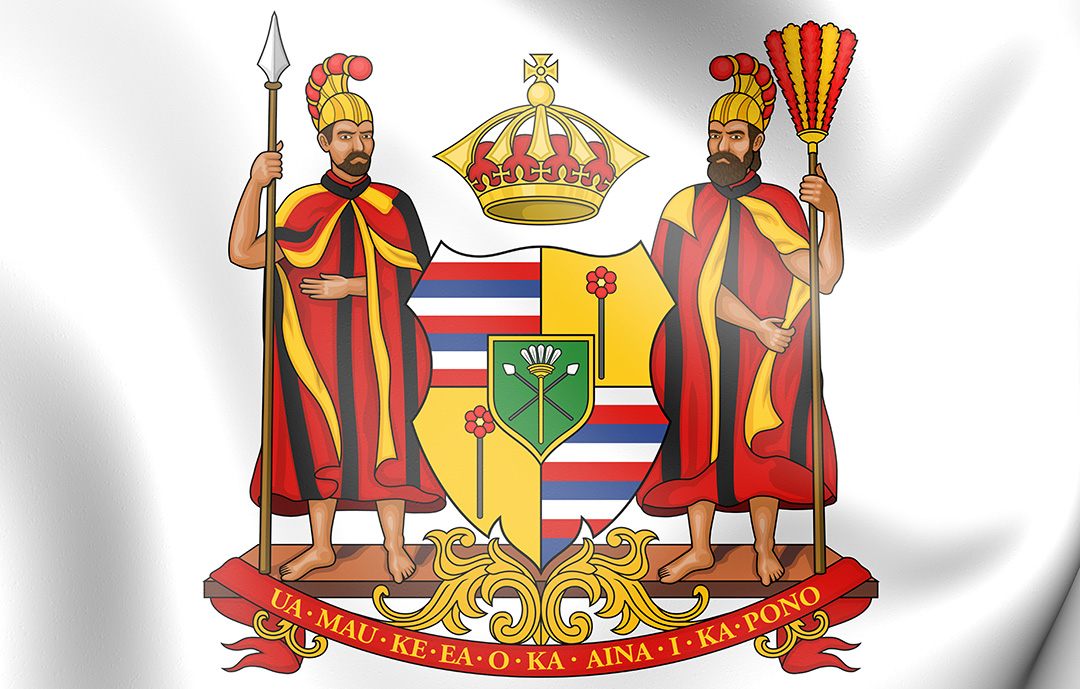In the era of self-determination and the proliferation of democratic values, it remains both ironic and tragic that vestiges of Western imperialism persistently overshadow the rights of indigenous people. The story of the Kingdom of Hawaii is a poignant reminder of this discrepancy. In the face of international law, which champions the sovereignty and equality of nations, the continued oversight of the Kingdom of Hawaii’s right to self-governance stands in stark contrast.
Historical Background: The Kingdom of Hawai`i’s Fall
In the late 19th century, through a series of events heavily influenced by American interests, particularly those tied to sugar plantations, the Kingdom of Hawaii was overthrown. The illegal overthrow was followed by the annexation of Hawaii to the United States in 1898. This act was not only contrary to the wishes of the native Hawaiians but also flouted the well-established principles of international law. Today, the ramifications of this historical act resonate deeply within the Native Hawaiian community, many of whom still regard the islands as occupied territory.
International Law: A Beacon of Sovereign Equality
The words of the U.S. Supreme Court are clear in their affirmation of the principles of international law: “The law-of-nations [dictates]…the perfect equity and absolute independence of sovereigns…[and that] sovereigns enjoy equality before international law…[and] that it does not…belong to any foreign power to take cognizance of the administration of [another] sovereign, to set himself up for a judge of his conduct, and to oblige him to alter it…[and, as such] the sovereign is exempt…from all foreign jurisdiction.”
These words underline the undeniable fact that international law protects the sovereignty and autonomy of nations. They also highlight the inappropriateness of one nation, in this case, the United States, in judging and altering the internal matters of another sovereign entity, in this case, the Kingdom of Hawai`i.
Modern-Day Implications: Righting Historical Wrongs
In today’s world, where nations are striving for mutual respect and equal partnerships, there’s an imperative to revisit and rectify historical injustices. The annexation of Hawai`i is one such injustice.
Re-establishing the Kingdom of Hawai`i would not only rectify a historical wrong but also send a powerful message. It would convey that international law is not just a tool of the powerful but a means to safeguard the rights of all, regardless of their size or historical standing.
The Native Hawaiian community continues to bear the brunt of historical injustices, with significant disparities in health, income, and education compared to other groups. Recognizing their sovereign rights can be a step toward addressing these disparities and acknowledging the unique cultural, historical, and spiritual significance of Hawai`i for its indigenous people.
Conclusion
It is time for the world community, and especially the United States, to re-examine the case of the Kingdom of Hawaii. The principles of international law are clear, and they call for the respect and recognition of the sovereignty and equality of all nations. The Kingdom of Hawaii, with its rich history and unique cultural significance, deserves no less than to be accorded its rightful place among the community of nations.

Leave a Reply